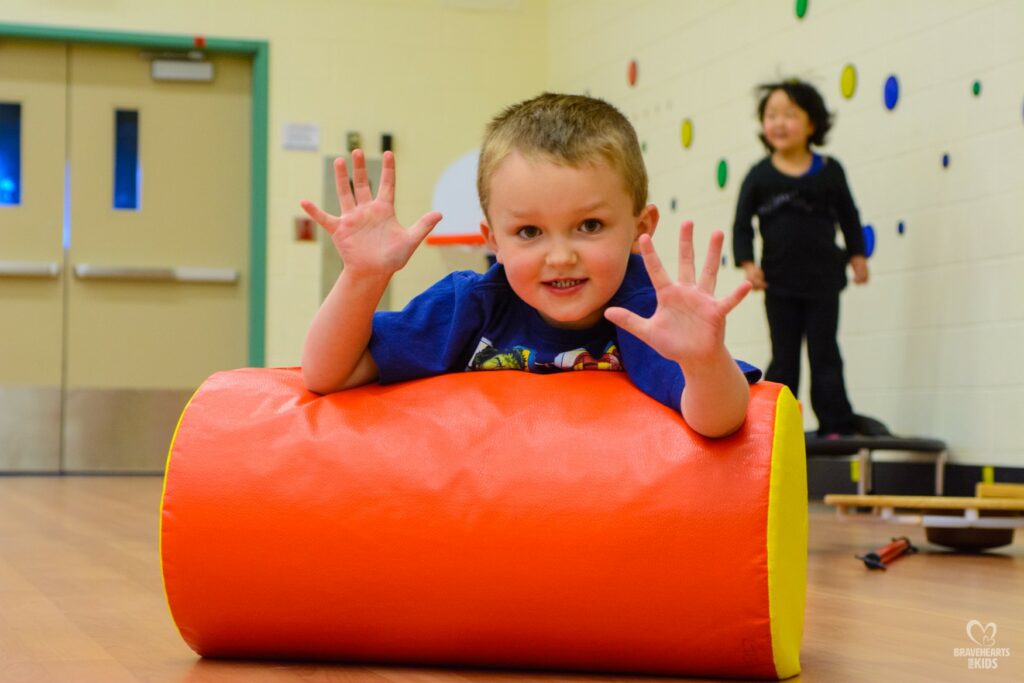Exercise is recommended for the healthy population as it increases fitness and prevents diseases. Moreover, exercise is also applied as an adjunct therapy for patients with various chronic diseases including cancer. Childhood cancer is a rare, heterogeneous disease that differs from adult cancer. Improved therapeutic strategies have increased childhood cancer survival rates to above 80% in developed countries. Although this is higher than the average adult cancer survival rate of about 50%, therapy results often in substantial long-term side effects in childhood cancer survivors. Exercise in adult cancer patients has many beneficial effects and may slow down tumor progression and improve survival in some cancer types, suggesting that exercise may influence cancer cell behavior. In contrast to adults, there is not much data on general effects of exercise in children. Whilst it seems possible that exercise might delay cancer progression or improve survival in children as well, there is no reliable data yet to support this hypothesis. Depending on the type of cancer, animal studies of adult cancer types show that the exercise-induced increase of the catecholamines epinephrine and norepinephrine, have suppressive as well as promoting effects on cancer cells. The diverse effects of exercise in adult cancer patients require investigating whether these results can be achieved in children with cancer.
Source: Exercise as a Potential Intervention to Modulate Cancer Outcomes in Children and Adults?
[/et_pb_text][/et_pb_column][/et_pb_row][/et_pb_section]



